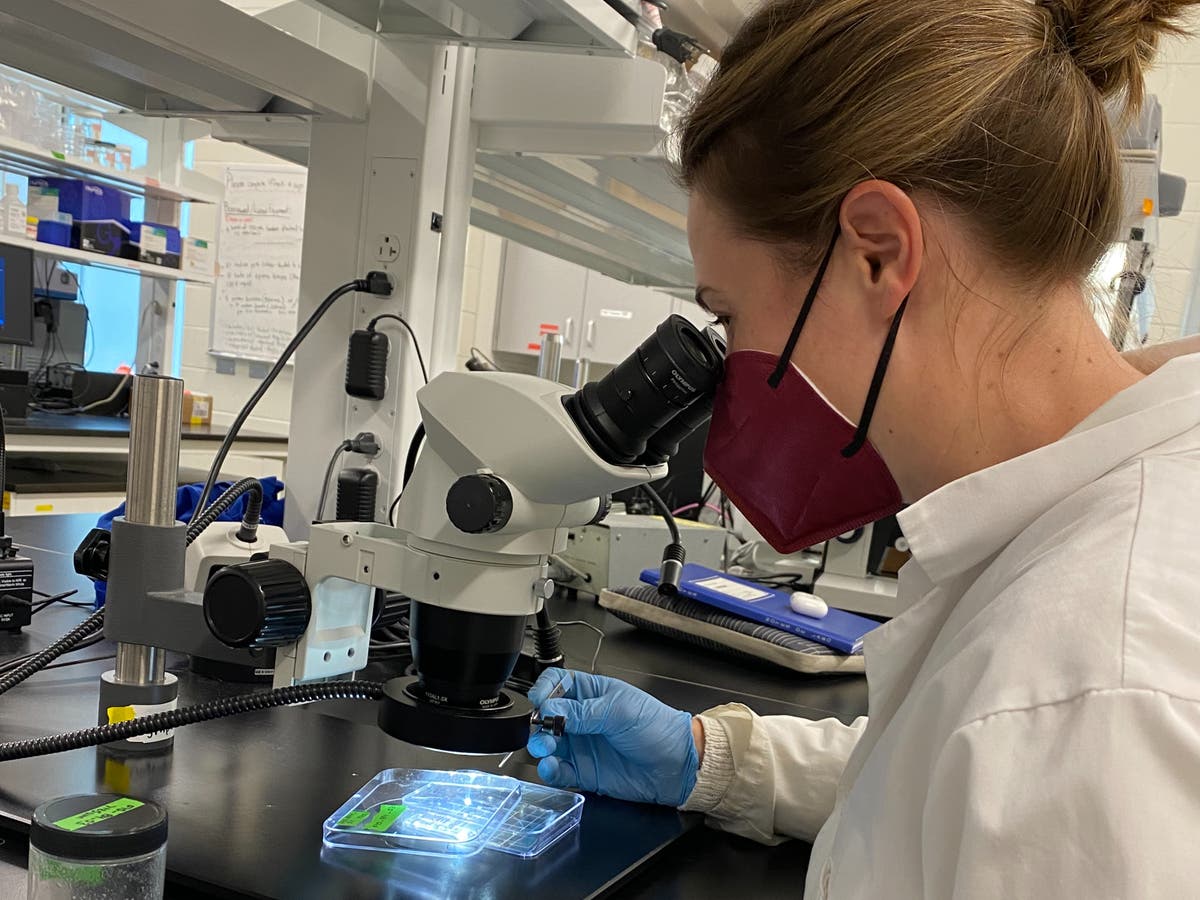Land-based protein sources like chicken, beef, pork and tofu contain as many microplastics as fishes, study finds
Microplastics have been found in nearly 90 per cent of sources of proteins, including meat and plant-based, according to a new study that serves as a startling reminder of how prolific plastic pollution has become.
While the presence of microplastics in commercial fish and shellfish has been known for long, there has been little research into terrestrial protein sources like beef and chicken that make up a large part of the Western diet.
A team of researchers studied samples from 16 different protein types destined for American consumers, including seafood, pork, beef, chicken, tofu, and three different plant-based meat alternatives. They found microplastic particles in 88 per cent of protein food samples tested.



You may as well consider it the lead of the 21st century.
Children in 3045 will be mockingly deriding us in history class for how flippant we were about plastics.
Really? There doesn’t seem to be much evidence of any sort, and I don’t have a horse in the race. Other than my body.
Theres plenty of evidence that it causes inflammation, and your body cant break it down. So if it wiggles itself into a spot in your body that isnt easily flushed, its going to stay there causing inflammation basically forever.
On top of that, “microplastic” is a catchall term. Rubber dust from car wheels is a microplastic, that you breathe in any time youre within hearing distance of a road. All that rubber in your lungs, alone, cannot be good.
Thats not even thinking about all the other forms of plastic, or their degredation chemicals, or the films and chem linings they carry.
Sure, particulate matter of any sort isn’t a good thing to inhale. I’m just wondering if there’s anything specific to plastic. Some of the additives are proven to be awful but e.g. polyethylene has so little available surface energy I wonder if it can be doing much, chemically speaking. If it’s not this it’ll be something else, I’m sure.
From this article…
Okay, yes, that’s my current understanding.
Bold of you to assume there will be a 3045 for the human race.
Oh, easy, we are functional cockroaches of survival.
Maybe we will be a different species by that point, but our descendants are still in many ways us.
Decent point but I also wouldn’t put it past us to completely extinct ourselves one day.